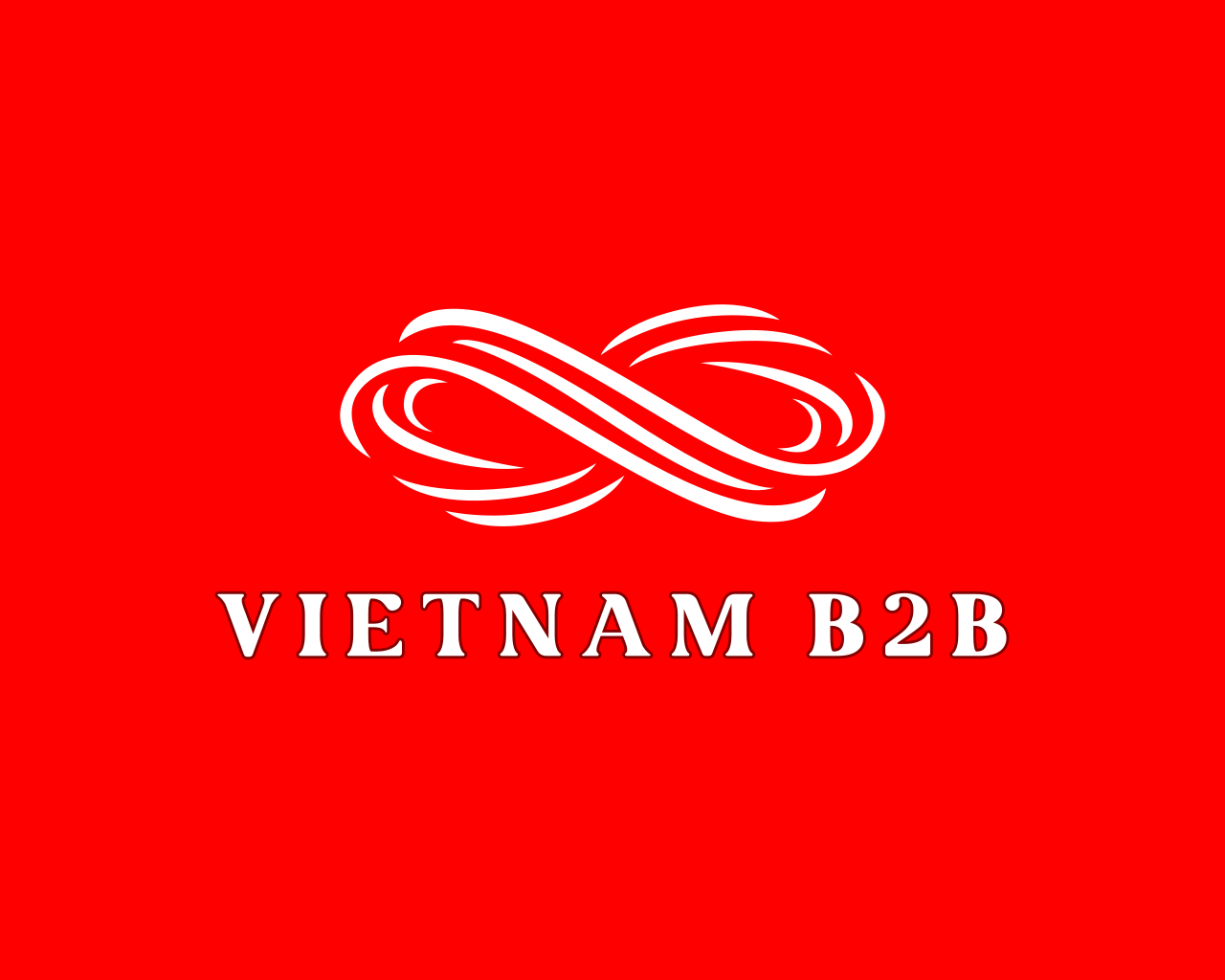Singapore, a pivotal aviation hub, will enforce the usage of sustainable aviation fuel (SAF) for airlines departing from the city-state starting in 2026, as part of initiatives aimed at reducing carbon emissions within the industry, announced the transport minister on Monday.
However, acknowledging the considerably higher cost of environmentally friendly fuel compared to conventional jet fuel—three to five times more expensive—authorities will implement a levy on tickets to alleviate the financial impact, disclosed Chee Hong Tat during an aviation summit.
Aviation, responsible for approximately two to 3% of global CO2 emissions, remains one of the most challenging sectors to decarbonize.
SAFs, derived from renewable biomass and waste resources, can constitute up to 50% of jet fuel blends. They are recognized as the primary solution for decarbonizing the aviation industry, although the technology is still nascent, and production costs remain high.
“To initiate the adoption of SAF in Singapore, we will mandate the use of SAF for flights departing from Singapore starting in 2026,” announced Chee in his address.
Initially, airliners will be required to utilize a jet fuel blend containing 1% SAF in that year, with the proportion gradually increasing to between 3 and 5% by 2030, stated Chee. “This will create a significant demand signal for fuel producers, motivating them to invest in new SAF production facilities,” he emphasized.
To partially mitigate the financial burden, Singapore will implement a levy based on distance traveled and travel class.
From 2026 onward, an economy ticket for a direct flight from Singapore to London could see an increase of Sg$16 ($12), according to Chee, with passengers holding premium tickets subject to higher levies.
“We will closely monitor global developments and the broader availability and adoption of SAF in the coming years before determining the SAF target beyond 2026,” stated Chee.
The International Civil Aviation Organization has established a goal for the industry to achieve net zero carbon emissions by 2050, with SAF playing a pivotal role in attaining this objective.
Willie Walsh, director-general of the International Air Transport Association, advocated for increased SAF production incentivized by government support to meet rising demand. He noted that despite a 175% surge in passenger traffic from 2000 to 2019, the global aviation industry’s carbon footprint only increased by 54%, indicating progress.
